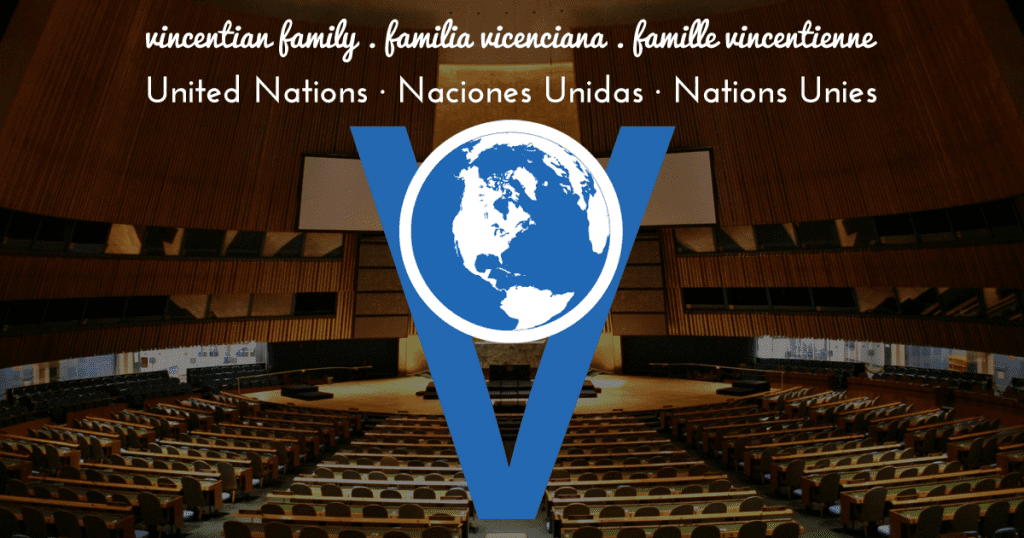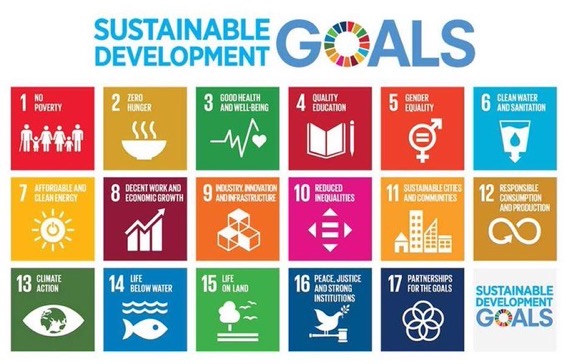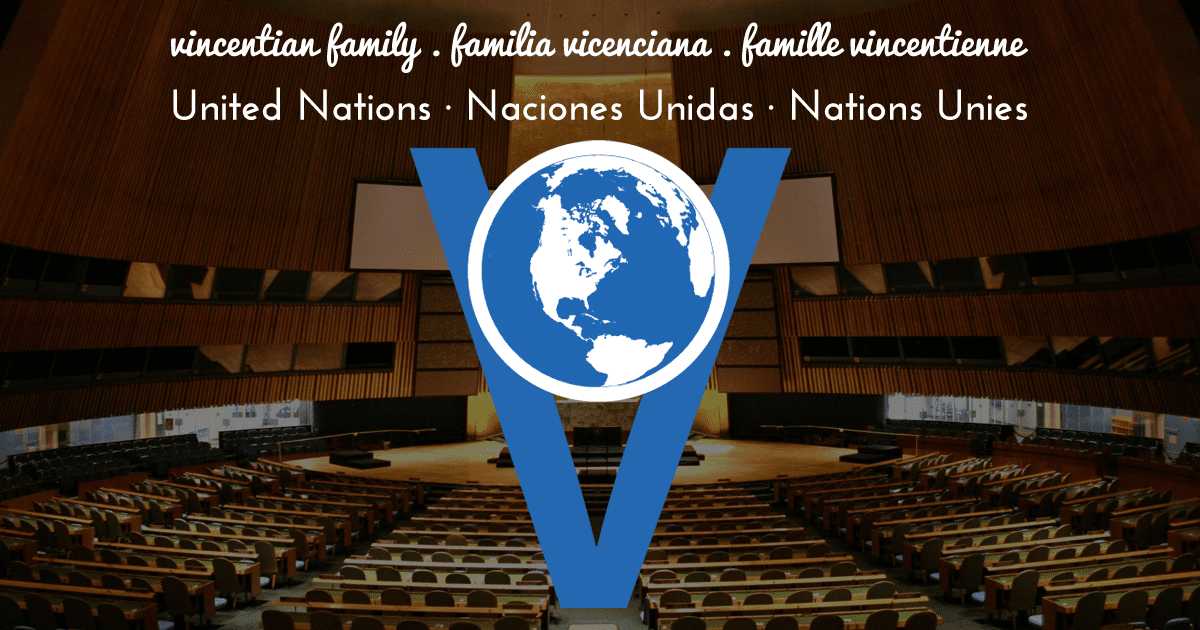The Road Ahead: COVID-19 and the 2030 Agenda for Sustainable Development


The United Nations is holding its annual High-Level Political Forum for the follow up and review of Sustainable Development Goals virtually from July 7–16. This year 47 countries will present their Voluntary National Reviews (VNRs) on how they have implemented the Agenda. Five years after its adoption, 2020 should have put the Agenda on a new accelerated trajectory to achieve the transformative plan of action for people and planet. It was reflected in the theme: “Accelerated action and transformative pathways: realizing the decade of action and delivery for sustainable development.” But this year, the participants will debate where we stand on the SDGs in the light of the impact of COVID-19 pandemic and reflect on how they can respond to the pandemic to get back on track to achieve the 17 Sustainable Development Goals.
Progress made during the past five years, though uneven, have been stalled or reversed with the impact of the COVID pandemic. Food insecurity, deterioration of the natural environment and persistent inequalities remain and have been exasperated by the pandemic. According to the SDG Report 2020: “The poorest and the most vulnerable, including women, children, older persons, persons with disabilities, migrants and refugees and informal sector workers are being affected disproportionately by the pandemic. Similarly, vulnerable countries, including least developed countries, land-locked developing countries, small island developing States and countries in humanitarian or fragile situations, stand to be hit the hardest in the long term owing to the fragility of their health systems, the limited coverage of their social protection systems, limited financial and other resources, vulnerability to external shocks and excessive dependence on international trade.”
Here are some of the specific setbacks and problems we face:
- The target to end global poverty by 2030 will not be met. Poverty reduction has been slowing down even before the pandemic. Social protection is crucial for vulnerable people to face any kind of crisis. Since 55% of the world’s population do not benefit from any form of social protection, the pandemic is pushing 70 – 100 million people into extreme poverty.
- World hunger has increased– 270 million people are experiencing extreme food insecurity.
- During the past five years immunization coverage had increased from 72 – 85 percent. Those gains are being eroded by the pandemic. People are spending more than 10 percent of their income for out of pocket healthcare and that has pushed nearly 90 million persons into extreme poverty. Most healthcare systems in the world were inadequate to respond to the emergency created by the pandemic. The health impact of the pandemic has predominantly fallen on already marginalized and vulnerable communities around the world, including indigenous populations.
- Gender equality and empowerment of women and girls, central to the implementation of the 2030 Agenda remain unrealized. The pandemic has affected women and girls disproportionately. Globally, women make up 70 percent of all healthcare professionals. Women spend three times as many hours men spend on unpaid care. Living in confined spaces during the lockdown women and girls risk infection. During the lockdown, they are forced to remain with their abusers and are subjected to a pandemic of violence in the home.
- At the end of 2019, 263 million children were out of school and 773 million adults, two thirds of them women remained illiterate. Lockdown during the pandemic forced 1.8 billion children out of schools – derailing their education. Millions among them lack access to electricity, computers and internet to continue their online education. Extreme poverty will force many of them to drop out permanently and many will end up in child marriage.
- The water and sanitation crisis is getting worse;1/3 of the world population is experiencing water distress now. 2.2 billion persons have no access to safely managed drinking water, including 785 million without even basic drinking water, and 42.2 billion without sagely managed sanitation. The consequences of not having adequate water and soap for handwashing during the pandemic is disastrous. Water availability is essential for homeless people and those living in temporary settlements. Water connections of people living in poverty are being disconnected for lack payments. Governments and cities need to think of water supply beyond household level.
- Before the pandemic the global economy was growing at a slower rate and the current crisis has abruptly and profoundly disrupted it, pushing the world into a recession. This shock has resulted in the loss of 400 million full-time jobs. Globally, 61 percent of workers are in the informal sector and the current crisis has affected 1.6 billion workers, (half of the global work force.) Their incomes will fall by 60 percent. The youth of today have been adversely affected – one in six youth have lost their jobs and they are called the “locked down generation.” In 2019, 22 percent of the world’s young were not in employment, education or training.
- Inequalities continue to persist between countries and within countries. In some countries, the bottom 40 percent did experience growth in their incomes. But according the SDG Report, in all countries, the bottom 40 percent of the population received less than 25 percent of the overall income or consumption, while the top 10 percent received at least 20 percent. As millions of people lost their jobs or closed their businesses, the American billionaires became richer by $565 billion. The COVID-19 pandemic impact has exposed and deepened existing inequalities.
- Currently, 80 million people worldwide are refugees, asylum seekers or internally displaced– fleeing wars, conflicts or persecutions.
- According to the latest report by International Labor Office, 40.3 million victims of trafficking are trapped in modern-day slavery. 71% of trafficking victims are women and girls and 29% are men and boys. 21% victims of sexual exploitation are children.
As the world recovers from the pandemic, we should ask “What kind of post COVID-19 world do we want?” This is our moment to build back better, smarter and green.
Let us demand of our governments to move out national isolation tactics and to address the unprecedented health, social and economic crisis with global cooperation from a long-term perspective. We live in an inherently interconnected world and partnerships are needed for charting a transformative recovery plan that will not leave anyone behind. The urgency with which governments responded to the crisis with stimulus plans, the same urgency should be directed to address climate change, universal health care, quality education, women empowerment and gender equality, adequate housing, water and sanitation, good governance, fight against poverty, hunger and structural inequalities.
We have a window of opportunity to re-imagine our world to find transformative pathways; for we cannot go back to business as usual. We need to create innovative solutions and act together in solidarity to address structural injustices and work for systemic change. Let us harness the wave of compassion unleashed by people everywhere in the face of fear and death, and use our resources proactively to protect vulnerable people and our planet. Recovery has to be equitable, resilient and sustainable, to provide dignity for all. We need to raise our ambition and accelerate action on 2030 Agenda. According to the Secretary-General Antonio Guterres, “The 2030 Agenda is our roadmap and the goals and targets are the tools to get there.” This Agenda requires political will, a whole of government, a whole of society partnerships. We need a human development initiative that is compatible to environmental protection. And “We the Peoples…” can and should make a difference.
Teresa Kotturan SCN
NGO Representative at the UN
Sisters of Charity Federation
Tags: United Nations









The real problem with addressing all of these problems is that the people, politicians and government officials, that we are asking to make change in thoughts and directions on these issues, are the same individuals that created these issues in the fist place,
When have you ever seen a government get out in front of any issue. The are always reactive than proactive.